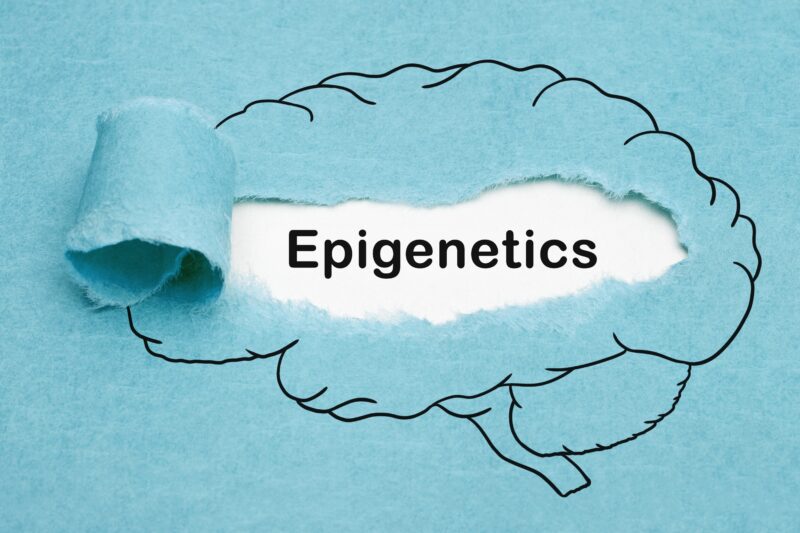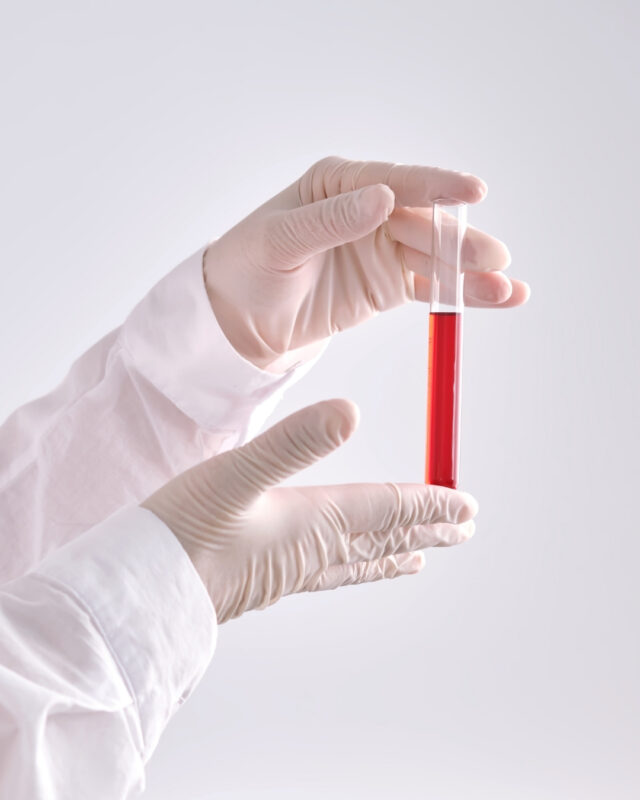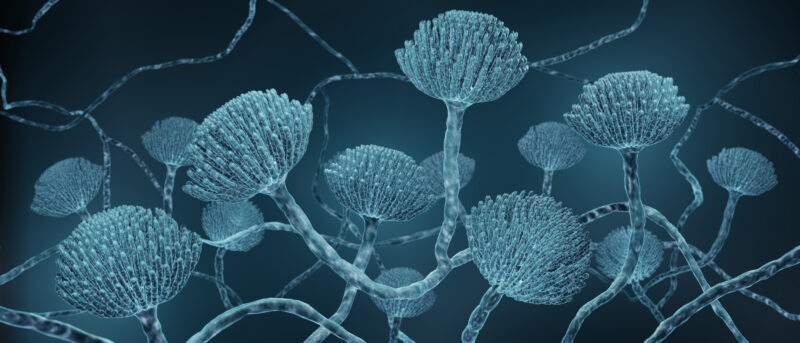-
Genomic Instability: The Foundation of Our Being
DNA is fundamental to who we are. Over time, accumulated damage to our DNA can lead to significant health issues. Enhance your body’s natural defense against DNA damage by incorporating a variety of antioxidant-rich foods like berries, leafy greens, and nuts into your diet. Antioxidants neutralize harmful free radicals, potentially reducing DNA damage.
-
Telomere Attrition: Preserving Our Cellular Clock
Telomeres act as timekeepers in our cells. Stress, poor diet, and environmental factors can accelerate their shortening. Besides stress-management techniques, consider foods rich in omega-3 fatty acids and vitamins C and E, which have been linked to telomere protection.

-
Epigenetic Alterations: Beyond Genetics
Epigenetic changes affect how our genes are expressed, and these alterations accumulate with age. To support healthy gene expression, focus on a balanced diet, rich in foods like green tea, and cruciferous vegetables, known for their positive epigenetic impact.
-
Loss of Proteostasis: Maintaining Cellular Balance
Our cells need a balanced protein environment to function optimally. As we age, this balance can be disrupted, leading to diseases. Include a variety of protein sources in your diet, like lean meats, beans, and tofu, and consider activities that promote muscle strength, like resistance training.
-
Deregulated Nutrient Sensing: The Metabolic Shift
Age alters how our bodies sense and use nutrients, impacting metabolism and energy levels. Embrace a diet focused on whole, unprocessed foods. Intermittent fasting or calorie restriction, under medical supervision, can also be explored as methods to enhance metabolic health.
“Age alters how our bodies sense and use nutrients, impacting metabolism and energy levels. Embrace a diet focused on whole, unprocessed foods.”
-
Mitochondrial Dysfunction: Keeping the Power On
Mitochondrial efficiency declines with age, affecting energy levels and overall health. Nutrients like B-vitamins, found in whole grains and animal products, play a crucial role in maintaining mitochondrial health.
-
Cellular Senescence: The Aging Cells
As senescent cells accumulate, they can contribute to aging. Antioxidant-rich foods, regular physical activity, and maintaining a healthy weight can help manage this process. Additionally, compounds like fisetin, found in strawberries and apples, have shown promise in targeting senescent cells.

-
Stem Cell Exhaustion: Renewing Vitality
Stem cells are crucial for tissue repair and regeneration. Support stem cell health by focusing on a nutrient-rich diet and activities like moderate exercise, which can promote stem cell function.
-
Altered Intercellular Communication: Staying Connected
Efficient communication between cells is key for health. This can be supported by a diet rich in phytonutrients found in a variety of colorful fruits and vegetables, which can help maintain cellular communication.
-
Chronic Inflammation: The Silent Intruder
Long-term, low-grade inflammation is a subtle yet significant contributor to aging. Anti-inflammatory foods like turmeric, ginger, and fatty fish can be powerful allies in moderating inflammation.
-
Dysbiosis: Balancing Our Inner Ecosystem
A healthy gut microbiome is essential for overall health. Fermented foods like yogurt, kombucha, and kimchi, along with a high-fiber diet, can promote a balanced gut microbiome.
-
Genome Instability: Protecting Our Genetic Legacy
Maintaining the integrity of our genome is crucial. Lifestyle choices like avoiding excessive sun exposure and environmental toxins can help preserve our genetic material.
Aging as an Art
Aging is not merely a biological process but an art that can be mastered with knowledge and conscious lifestyle choices. By understanding and addressing each hallmark, we can influence how we age, turning this inevitable journey into an opportunity for growth and well-being.
Let’s remember, the path of aging is as unique as each one of us. Embrace this journey with curiosity, resilience, and a sense of empowerment. Together, let’s redefine aging, not as a decline but as a phase of life rich with potential and discovery.





